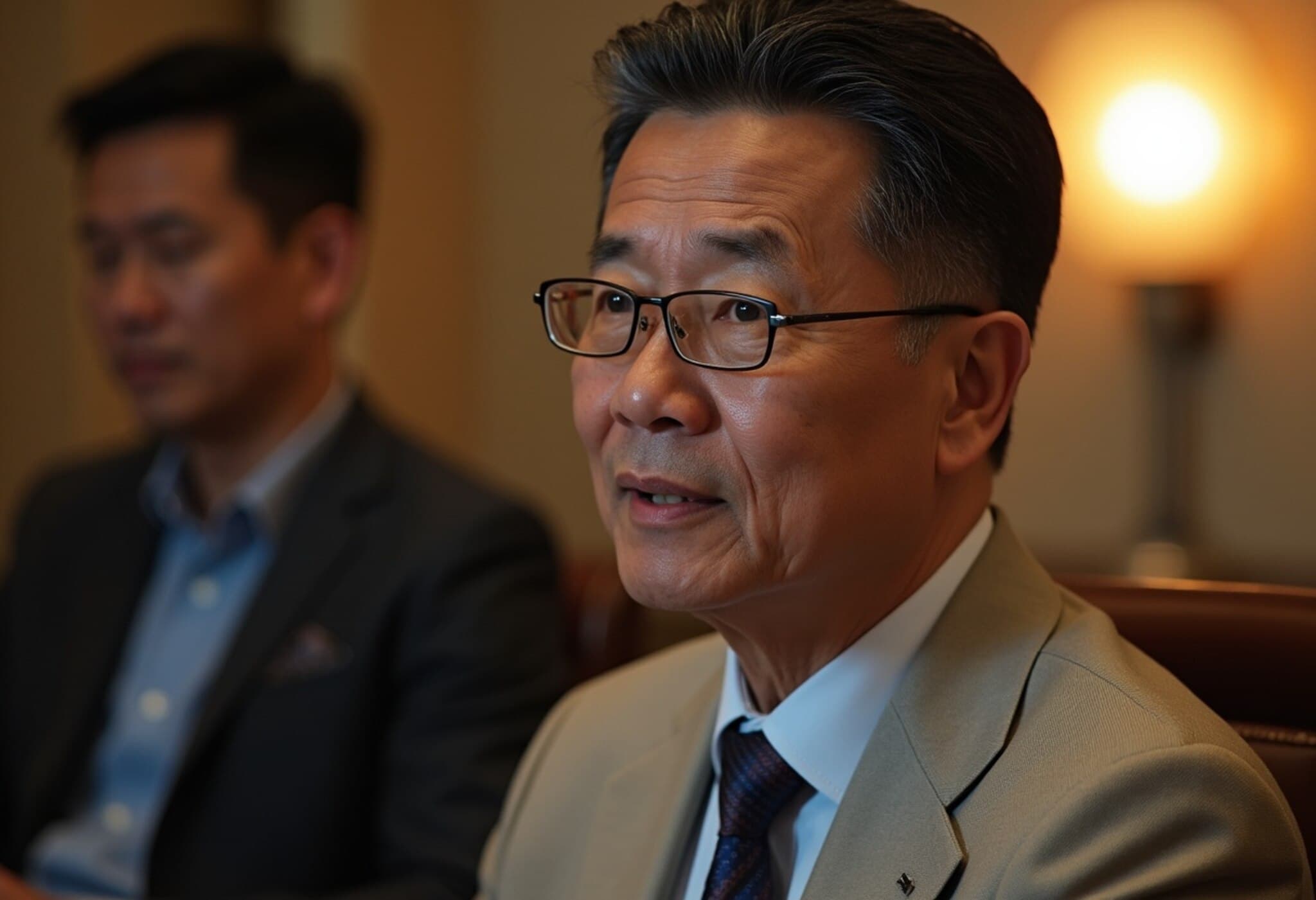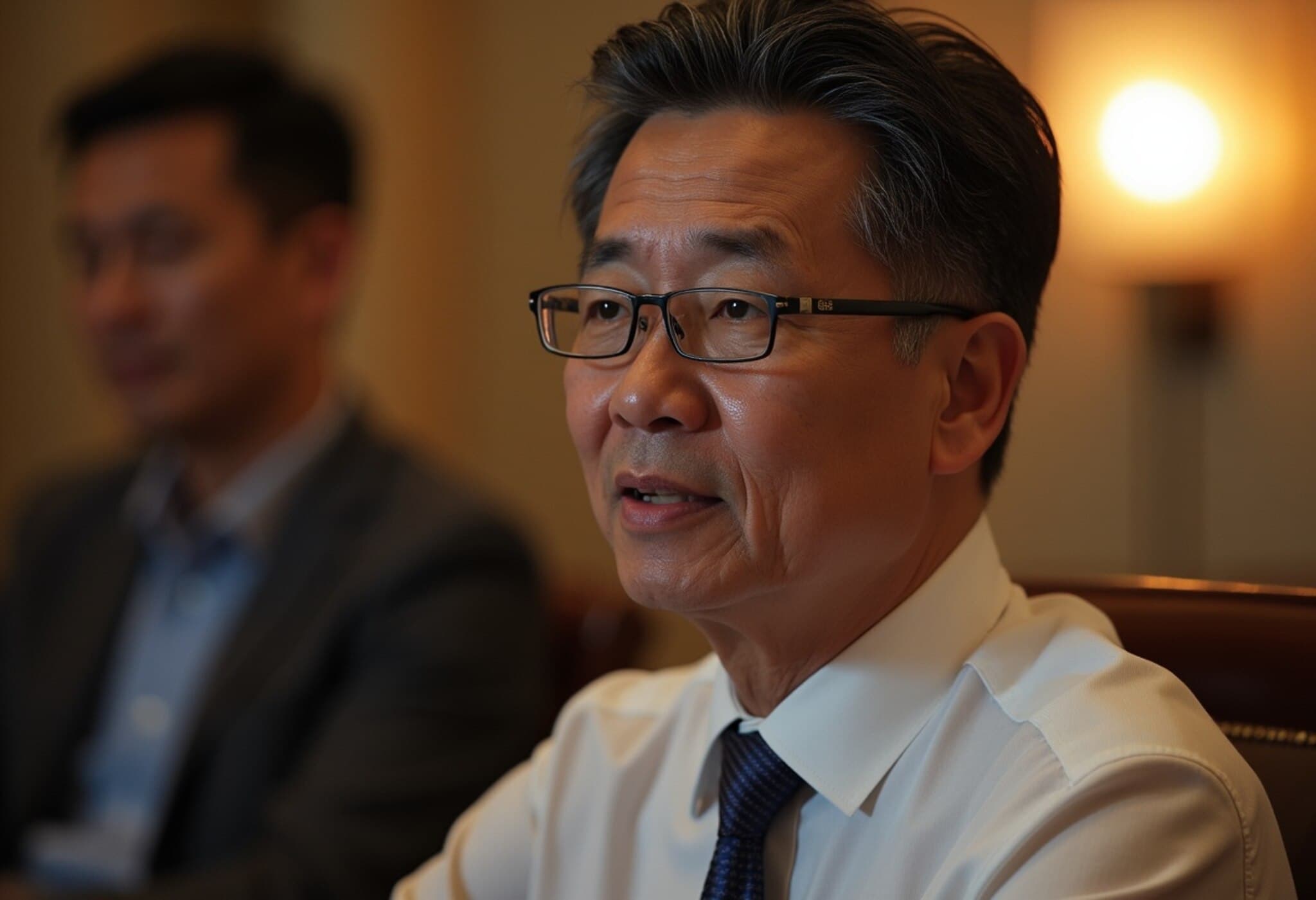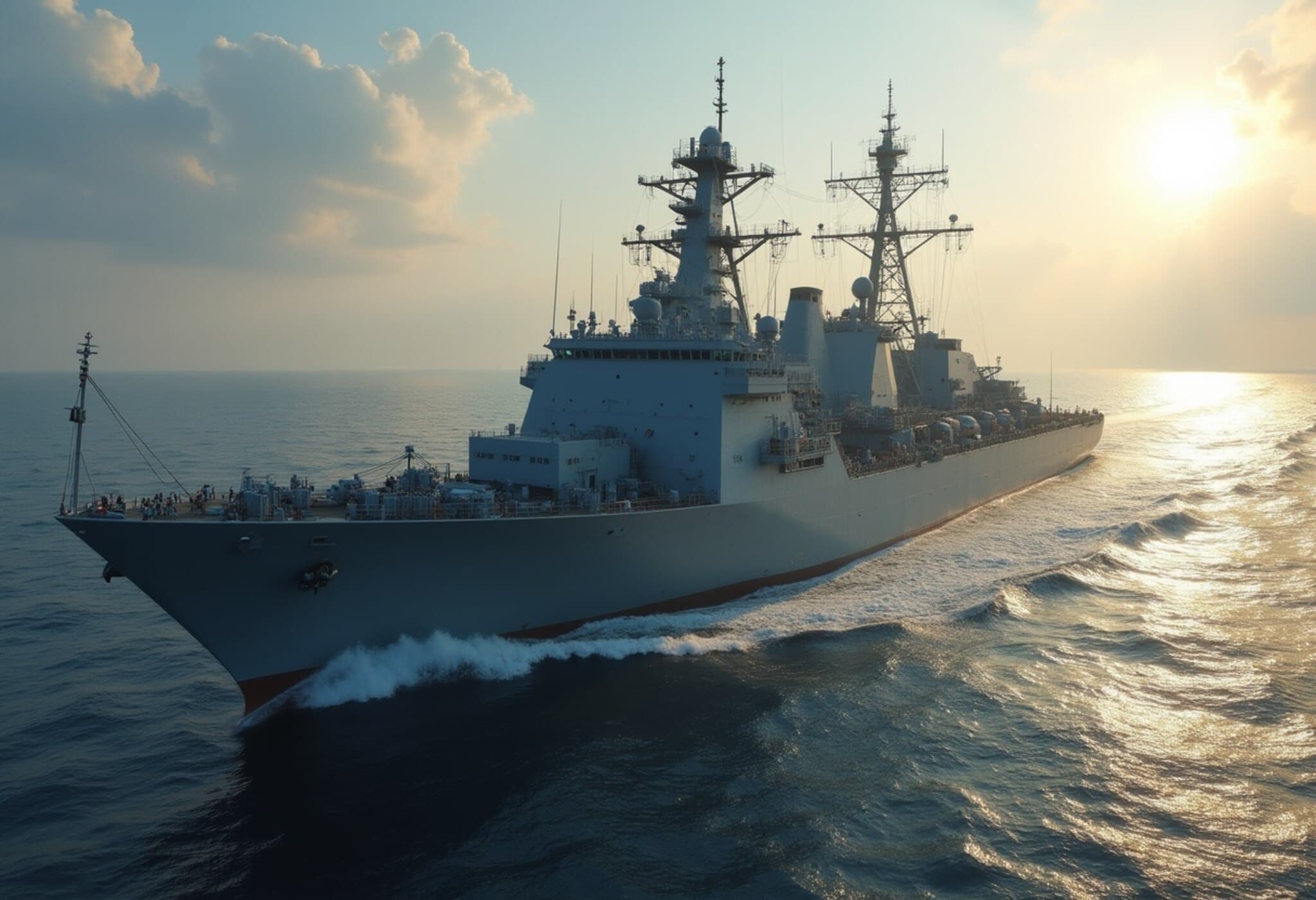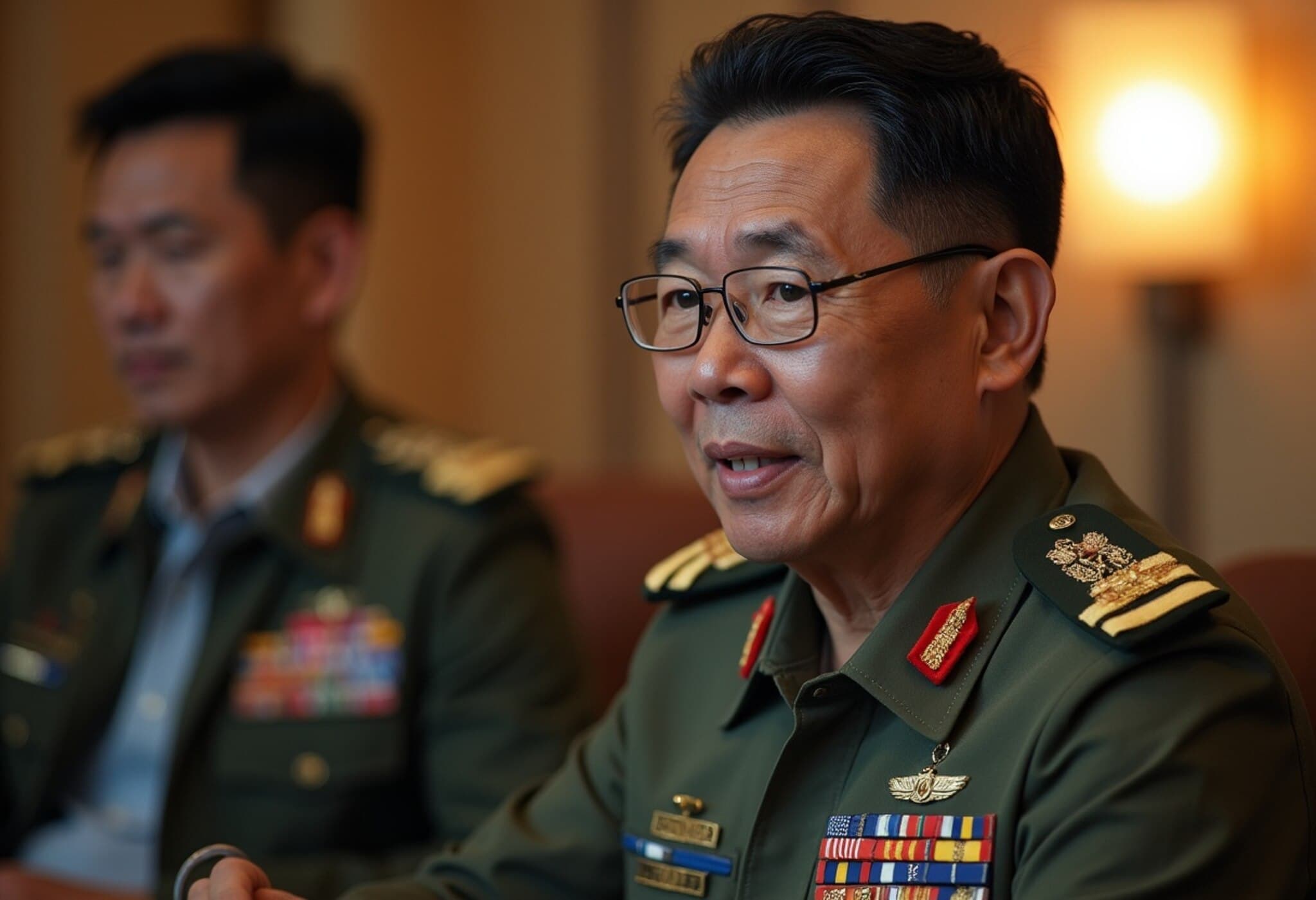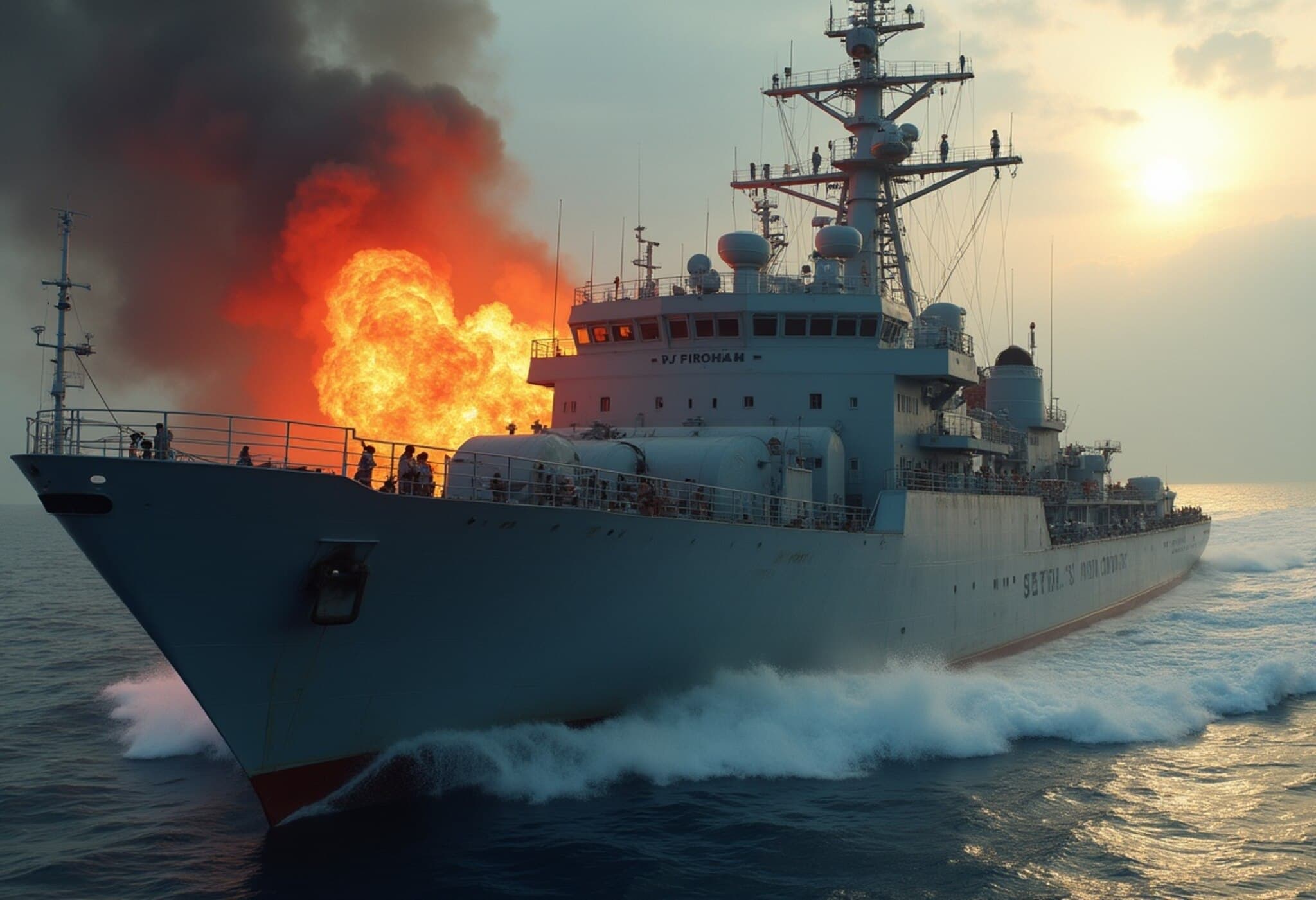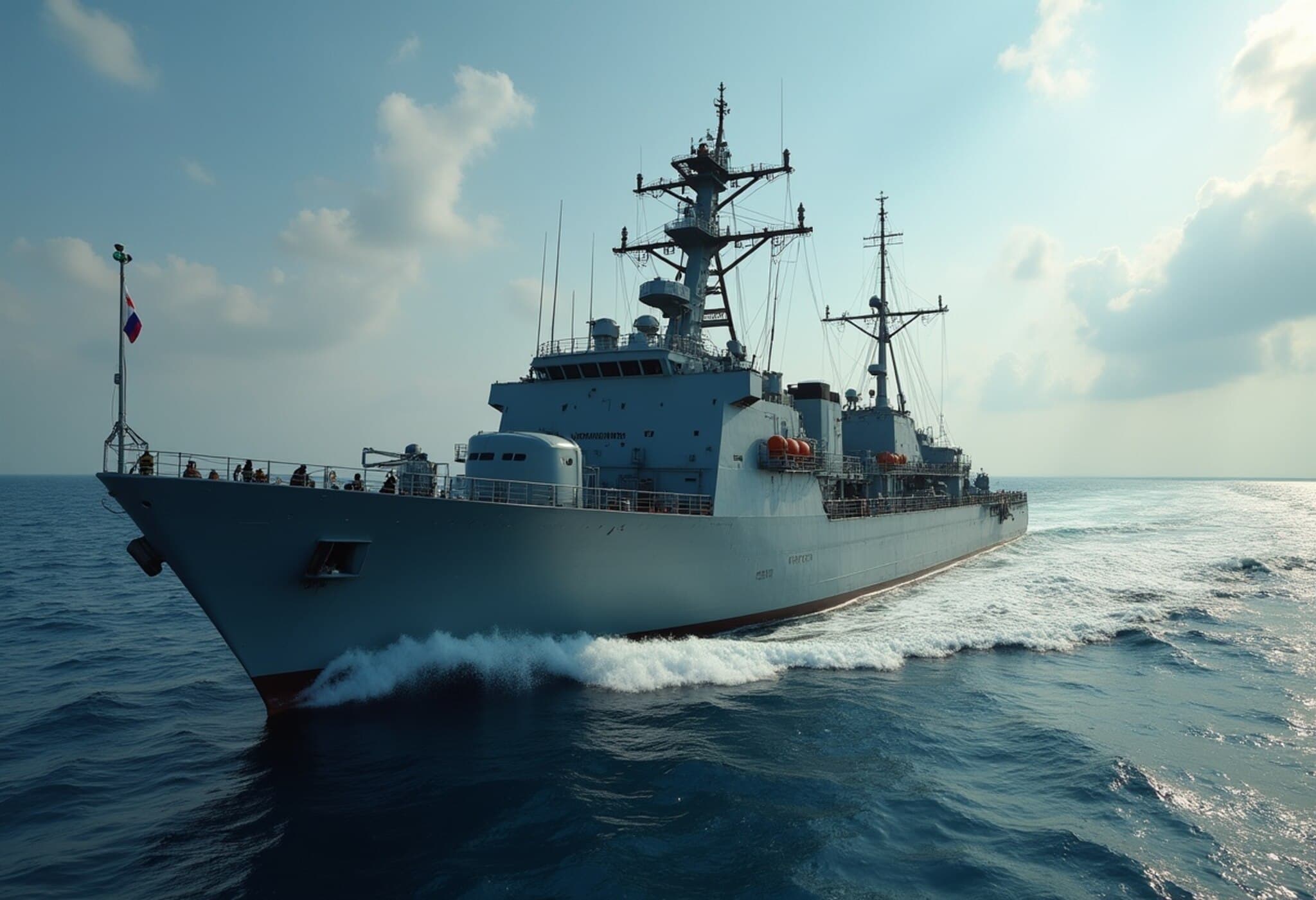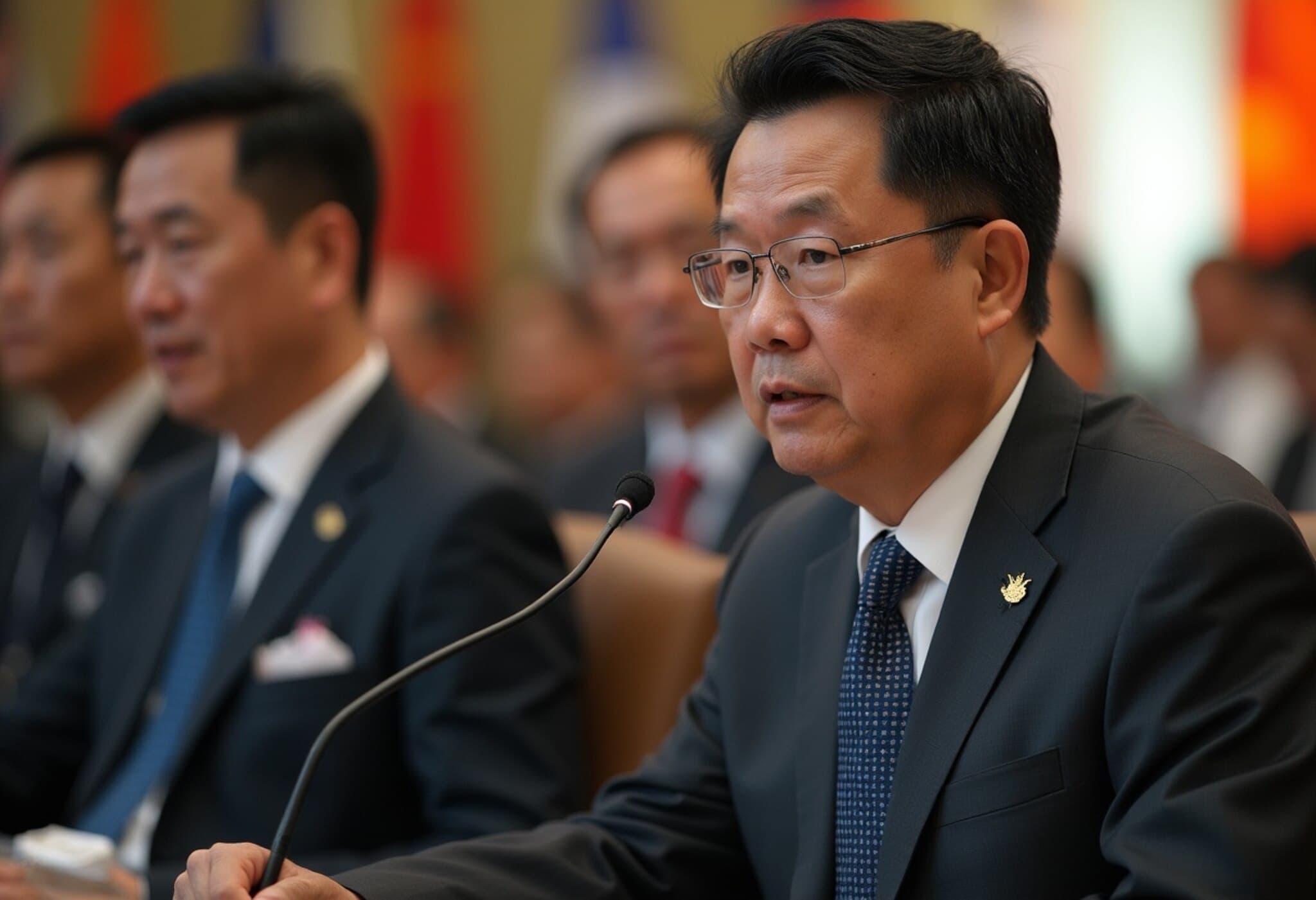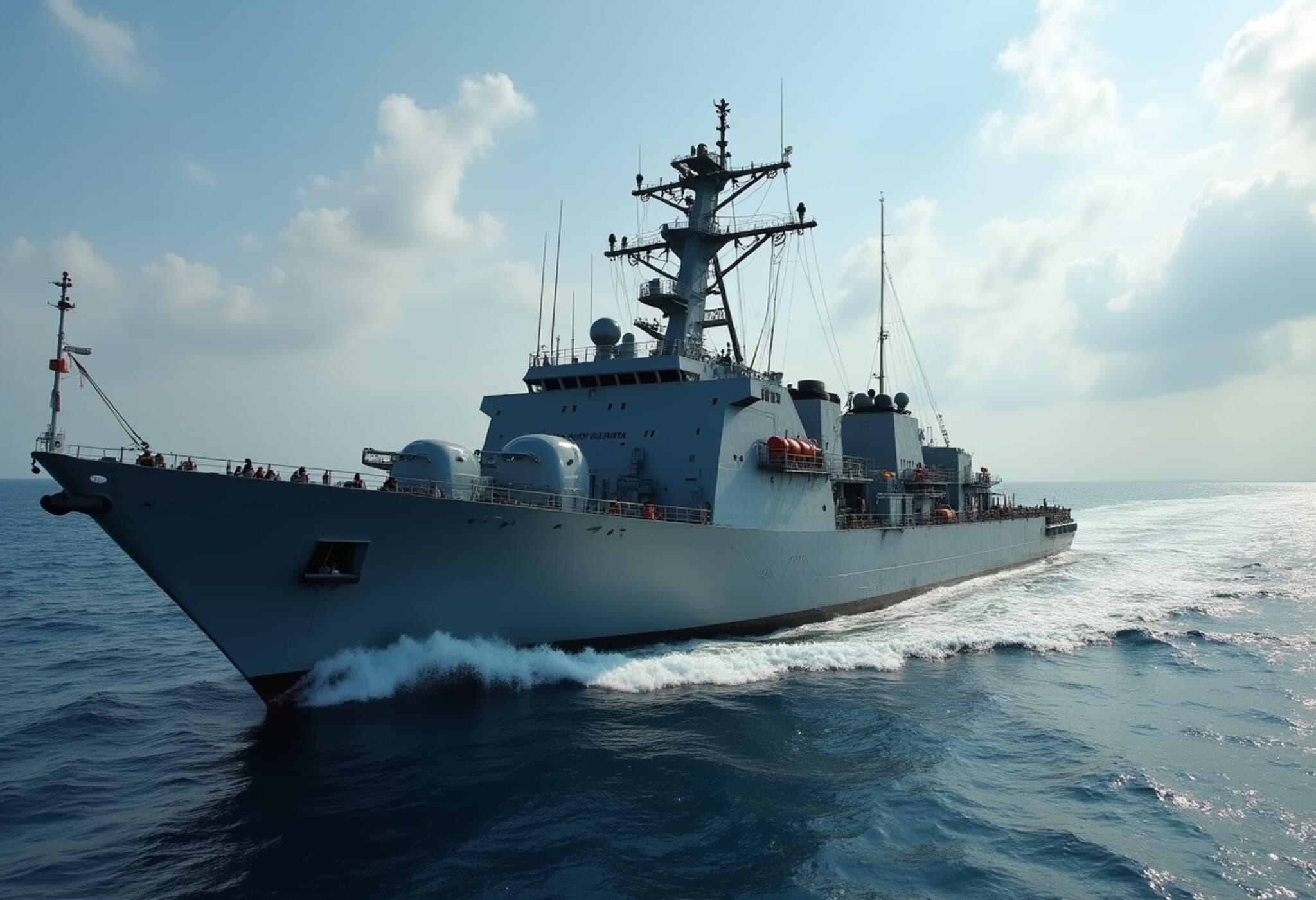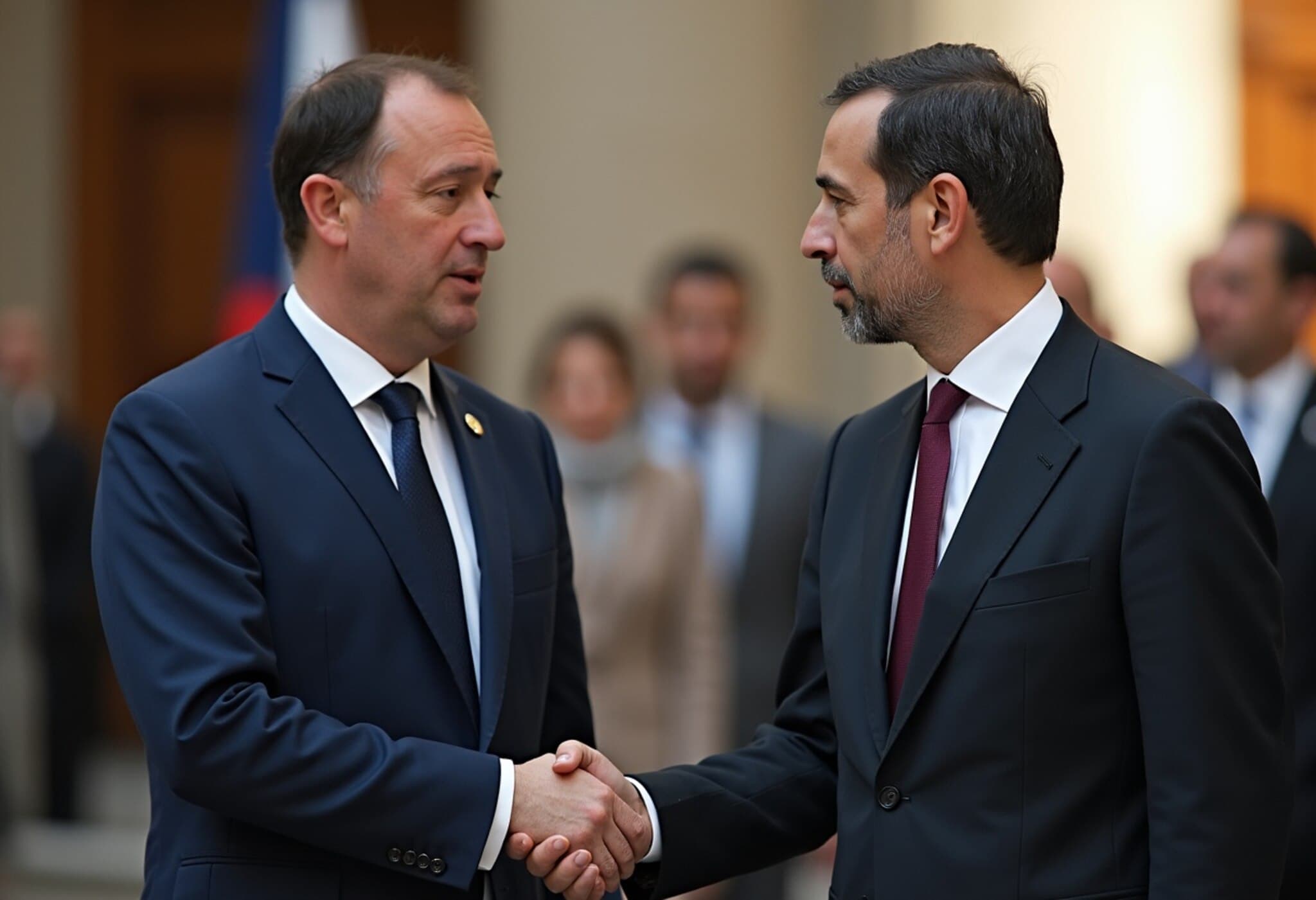Philippine President Marcos’s Candid Interview Sparks Regional Diplomatic Wave
In a recent exclusive interview with Firstpost, Philippine President Ferdinand “Bongbong” Marcos Jr. made observations on the delicate situation in the Taiwan Strait that quickly echoed across international diplomatic circles. His candid admission that the Philippines simply "cannot stay out" of a potential conflict between China and the United States over Taiwan has heightened geopolitical tensions in the Indo-Pacific and sparked varied reactions from neighboring countries and global powers alike.
Breaking Down President Marcos's Statement
During his state visit to India, President Marcos reflected on the geographic and strategic realities facing the Philippines, underscoring that any military confrontation involving Taiwan would inevitably affect his country due to its proximity. He vividly noted that Kaohsiung, a major Taiwanese city, lies just a 40-minute flight from northern Philippines, reinforcing the unavoidable entanglement.
Key points from Marcos’s remarks include:
- Geographic proximity dictates involvement: The Philippines is not an idle bystander but a frontline nation that would inevitably be drawn into any conflict in the Taiwan Strait.
- Humanitarian concerns: With over 100,000 Filipinos residing in Taiwan, Marcos stressed Manila’s duty to protect its citizens, potentially necessitating evacuation efforts in times of crisis.
- Defense partnerships: Emphasizing preparedness, Marcos highlighted ongoing defense collaborations, notably with India, including the acquisition of the BrahMos missile system.
- Alliance with the United States: Marcos reaffirmed the “ironclad” US-Philippine defense relationship, framing it as essential amid growing regional challenges.
- National sovereignty: Rejecting accusations of being a “puppet state,” Marcos asserted that the Philippines will act independently in defending its interests.
China’s Stark Response: A Warning and a Protest
Unsurprisingly, Beijing reacted forcefully. The Chinese government issued formal protests through diplomatic channels, reiterating its One-China Policy and denouncing any foreign interference as a violation of its sovereignty. The Chinese Foreign Ministry, in strong language, described the Taiwan issue as a "core interest" and warned Manila of “playing with fire” by involving itself.
China's state-affiliated media, including the Global Times, echoed these sentiments, emphasizing that Manila's geographical proximity or the Filipino expatriate workforce in Taiwan do not justify interventions. Furthermore, China reminded the Philippines of the 1975 Joint Communique and urged adherence to the principle that Taiwan is an inseparable part of China.
Taiwan Welcomes the Statement: Sign of Regional Solidarity
In stark contrast, Taiwan's government publicly thanked President Marcos for his forthright acknowledgment of the complex security environment. Officials viewed his remarks as an important expression of regional awareness and support, recognizing the interconnected nature of Indo-Pacific security.
The Taiwanese Ministry of Foreign Affairs tweeted their appreciation, stating, "What happens in the Taiwan Strait affects us all," underscoring the shared stakes in preserving peace.
The Philippines Walks a Diplomatic Tightrope
Following China’s protest, the Philippine government issued clarifications reaffirming its commitment to peace, stability, and the peaceful settlement of disputes. Official communications emphasized Manila’s adherence to the One-China Policy in line with the 1975 agreement but highlighted the country's responsibility to protect its nationals and sovereignty amid growing regional instability.
This nuanced balancing act epitomizes the Philippines’ complex diplomacy — striving to maintain constructive relations with China while strengthening defense ties with the United States and regional partners like India and Taiwan.
Global Media Spotlight: A New Flashpoint in Indo-Pacific Geopolitics
Major international news outlets swiftly picked up the story, framing it as a critical moment in Asian geopolitics. Reuters reported China's stern warnings, while the South China Morning Post shed light on long-standing tensions in the South China Sea, further complicated by Marcos’s remarks.
Al Jazeera emphasized the implications for US-China-Philippines relations, noting Manila's recent moves to strengthen military ties with both India and Taiwan. Meanwhile, Bloomberg highlighted the Philippines’ shifting alliances and potential regional realignments signaled by defense agreements such as the BrahMos missile deals.
Context: Rising Indo-Pacific Tensions and Regional Security Dynamics
The timing of these remarks coincides with escalating friction in the Indo-Pacific region, particularly concerning China's assertiveness in the South China Sea and its ambitions over Taiwan. Manila has frequently accused China of aggressive territorial maneuvers while simultaneously reaffirming its treaty commitments with the United States — a relationship vital for Philippine defense strategy.
The Philippines’ strategic location near vital maritime chokepoints such as the Luzon Strait places it at the heart of any potential military confrontation. Enhanced military cooperation, including joint naval exercises with the US and India, alongside dialogues with Taiwan, exemplify Manila’s efforts to hedge bets amid great power competition.
Editorial Insights: The Philippines at the Geopolitical Crossroads
President Marcos’s statements reveal an evolving Philippine security doctrine that openly acknowledges the country’s vulnerabilities and strategic significance. Manila is stepping out of the traditional shadows of cautious diplomacy to assert its interests candidly, an approach that resonates with domestic audiences and international partners but risks antagonizing Beijing.
This episode raises critical questions about smaller states navigating between competing superpowers: How can nations like the Philippines balance sovereignty, alliance commitments, and regional stability? What role should humanitarian concerns play in foreign policy amidst geopolitical rivalries? And how might this recalibration impact the fragile peace in the Indo-Pacific?
Editor’s Note
President Marcos’s frank acknowledgment that the Philippines "cannot stay out" of a Taiwan Strait conflict spotlights the island nation’s precarious position in the tightening Indo-Pacific strategic web. While Manila commits to the One-China Policy, its defense build-up and alliance diversification signal a readiness to confront emerging challenges head-on.
This diplomatic moment underscores the growing complexities for middle powers caught amid superpower tensions. The world must watch how the Philippines navigates these choppy waters — balancing geographic reality, national security, and regional peace. For readers, it invites reflection on the human dimension behind geopolitical chess games: the lives of overseas Filipino workers, the legacy of alliances, and the quest for stability in a rapidly shifting world.

